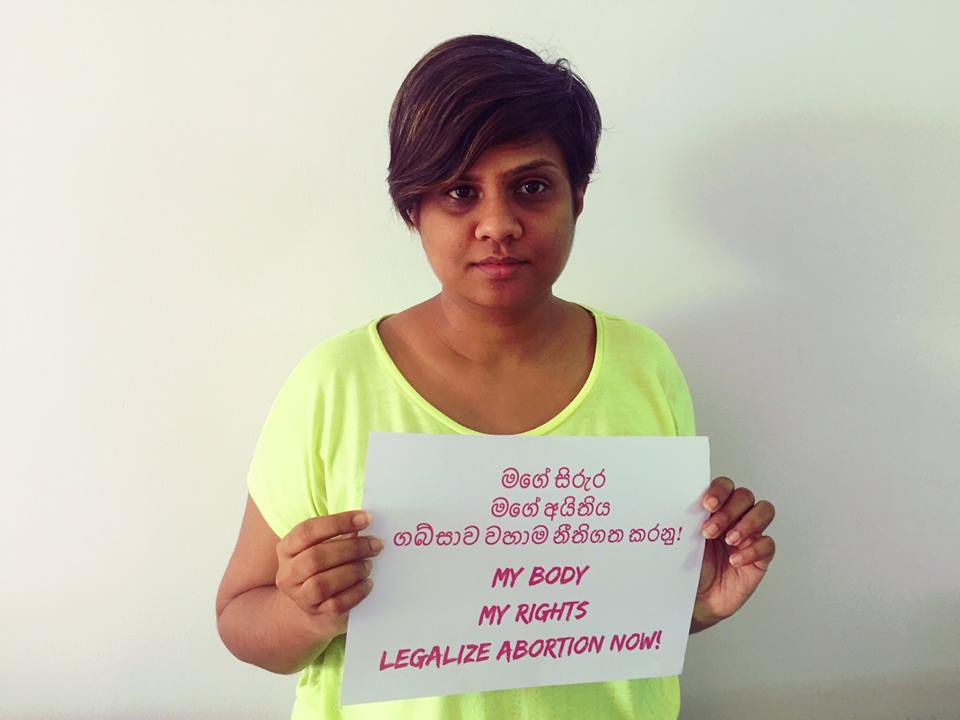The Sri Lankan government has reaffirmed its commitment to reforming the country’s stringent abortion laws, which currently only allow termination of pregnancy when the mother’s life is at risk. Justice Minister Harshana Nanayakkara addressed Parliament today, assuring that steps are being taken to permit abortion in cases of rape, incest, and severe fetal deformities.
During the parliamentary session, SJB MP Ajith P. Perera questioned the government about the delay in implementing these reforms, pointing out that similar proposals had been included in previous policy statements but never enacted. Perera stressed the urgency of the issue, arguing that continued delays would only perpetuate the cycle of inaction.
“Many countries have already addressed this issue. It’s not something that requires endless debate,” Perera stated. “Our government and previous administrations have attempted and failed to enact these reforms, but they are essential in a society that values medical science and rational decision-making. We must take bold action instead of seeking more opinions.”
Justice Minister Nanayakkara acknowledged the urgency of the matter and confirmed that the government is adhering to due process to enact the amendments. “We are not stalling or avoiding this issue. There’s a procedure to follow, and we’re taking the necessary steps,” Nanayakkara assured. “I can assure you that we won’t need the full four and a half years to implement this reform. We appreciate the Opposition’s support, and I’m confident that with their cooperation, we can make progress swiftly.”
When pressed for details on the specific measures taken thus far, Nanayakkara revealed that over 60 pending legal amendments, including abortion law reforms, are currently under review. He assured Parliament that the groundwork is being laid and that updates will be provided soon.
Sri Lanka’s current abortion law, which dates back to 1883, imposes a prison sentence of up to three years for anyone who intentionally causes a miscarriage, except to save the woman’s life. Attempts to introduce exceptions for cases such as rape, incest, and severe fetal abnormalities have faced opposition from religious and conservative groups. The government’s renewed commitment to amending these laws signals a potential shift in policy, but the path to reform is likely to be met with continued resistance.




